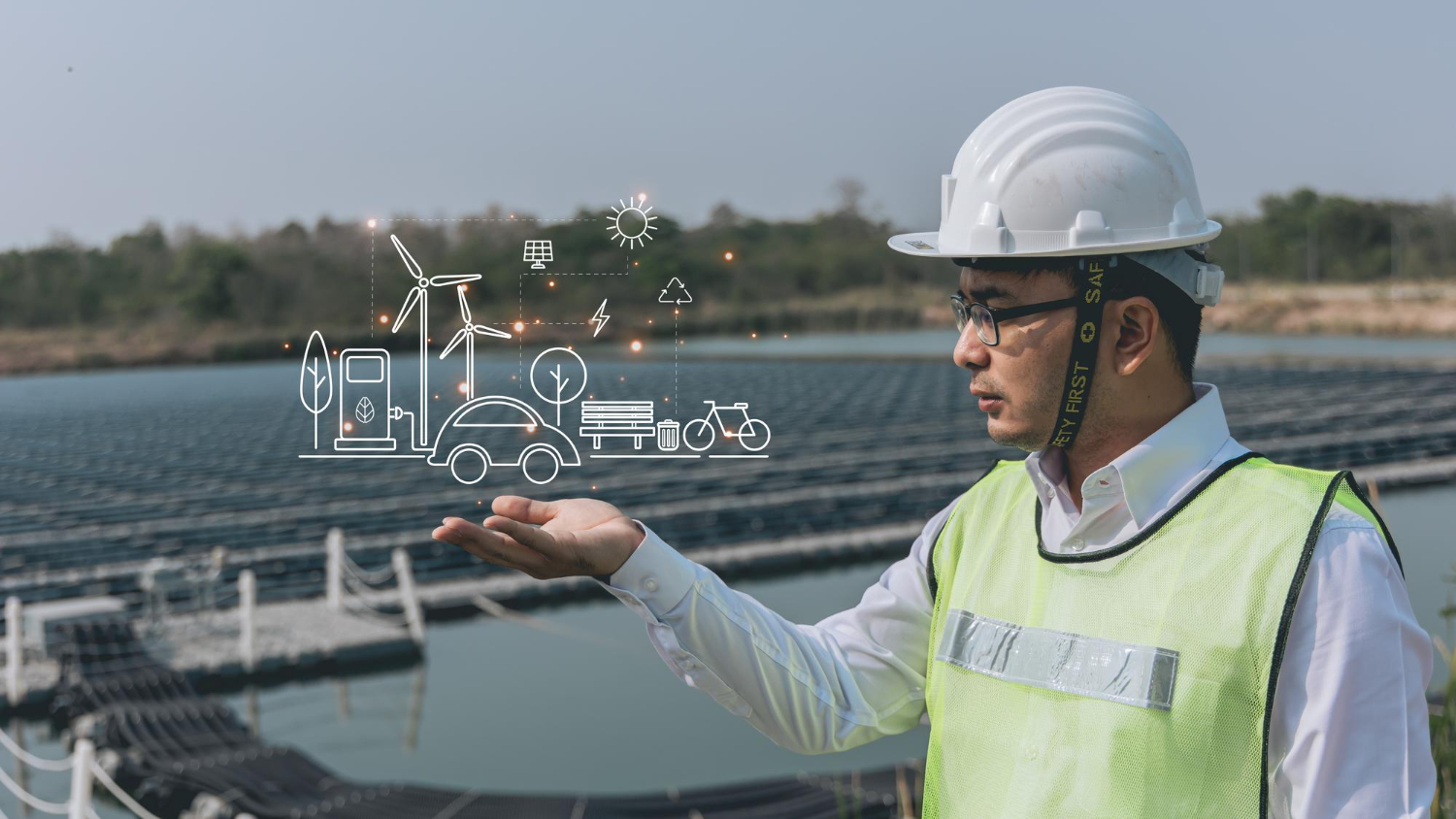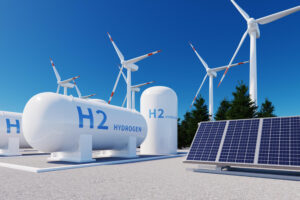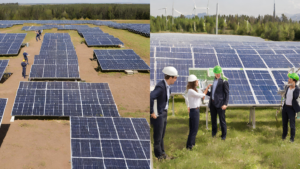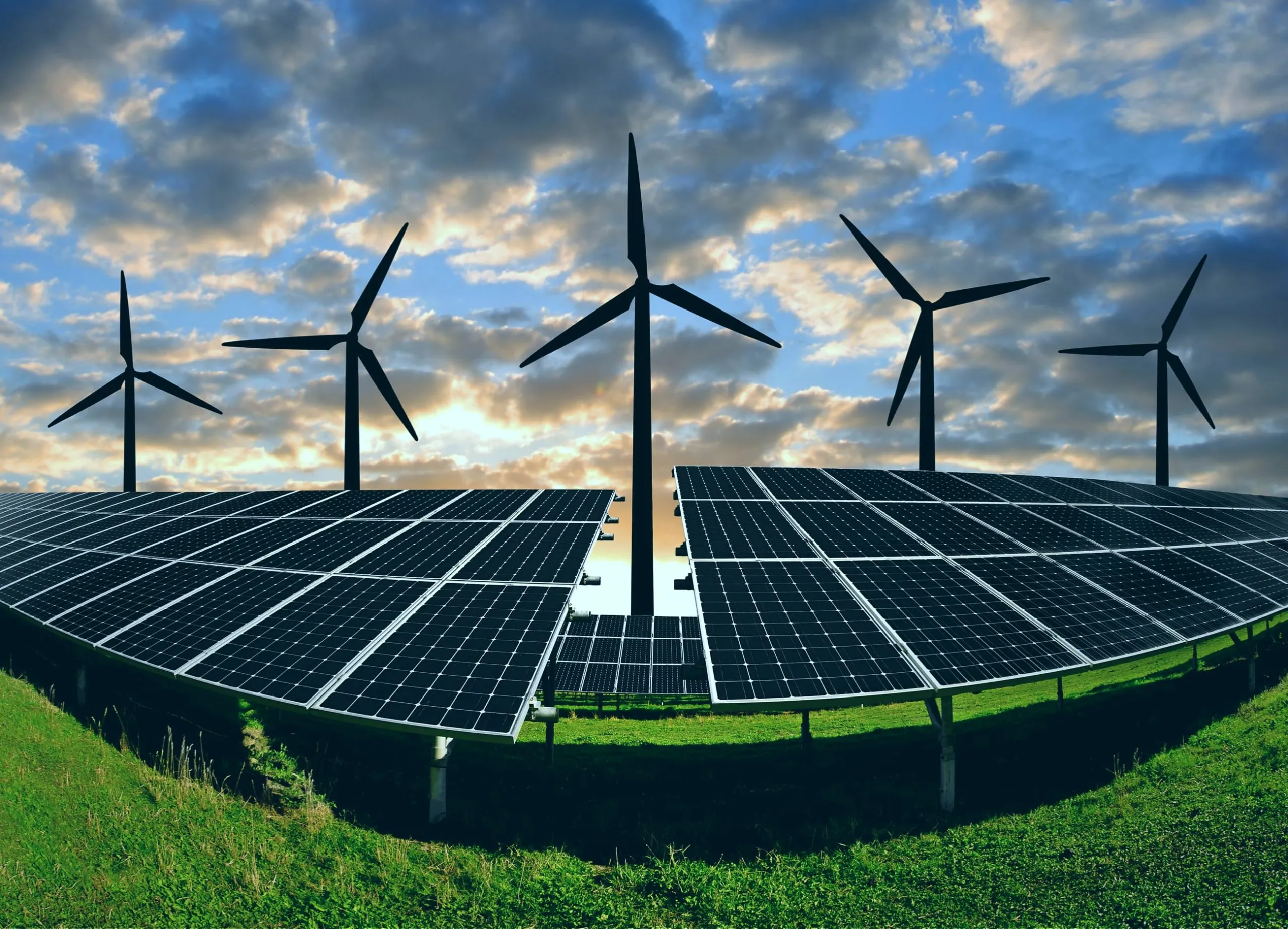The Conflict in Gaza and Its Impact on the Global Energy Industry
The Conflict in Gaza and Its Impact on the Global Energy Industry
The recent escalation of the conflict in Gaza has added a new layer of uncertainty to an already tense global energy market, which was strained by the conflict between Russia and Ukraine. With the world’s eyes on how instability in the Middle East could affect energy supplies and prices, it is crucial to analyze the potential repercussions and effects of these geopolitical realignments on the energy industry. Here we share some important considerations.

The Middle East region, crucial for the global energy market with up to 48% of the world’s oil reserves and 40% of gas, faces a new test of resilience due to the conflict in Gaza.
New Horizons for Renewable Energy in Brazil and Mexico
New Horizons for Renewable Energy in Brazil and Mexico
Brazil and Mexico, identified by Bloomberg in 2023 as two of the top 15 most polluting countries in terms of energy emissions, face a crucial moment: is it necessary to shift to other forms of renewable energy? The transition towards renewable energies has become a fundamental pillar for sustainable development in Latin America, with Brazil and Mexico playing key roles in this process, both in their international context and in their trends towards a more sustainable world. Both countries are at a crossroads of opportunities and challenges, where fostering investments in clean energies and the development of specialized talent are crucial for their long-term competitiveness and sustainability. This article explores how investments in renewable energies are redefining the energy markets and the need to focus on the development of these industries.

The transition towards renewable energies has become a fundamental pillar for sustainable development in Latin America, with Brazil and Mexico playing key roles in this process, both in their international context and in their trends towards a more sustainable world.
The Future of Recruitment in the Energy Industry in Latin America: Focus on Mexico and Brazil
The Future of Recruitment in the Energy Industry in Latin America: Focus on Mexico and Brazil
The energy industry in Latin America, especially in Mexico and Brazil, faces a significant transformation era. The shift towards more sustainable energy sources and global digitalization poses both challenges and unique opportunities for the industry’s future, necessitating a reevaluation of how talent recruitment will transform in this new horizon. The current and future recruitment trends in this industry will be explored, highlighting the challenges and potential strategies to effectively address them.

La industria energética en Latinoamérica, especialmente en México y Brasil, enfrenta una era de transformación significativa.
Challenges for the European Energy Industry Following the Russia-Ukraine Conflict
Challenges for the European Energy Industry Following the Russia-Ukraine Conflict
The invasion of Ukraine has triggered an energy crisis highlighting significant challenges for the present and future of the European energy market and the global competitiveness of its companies. This analysis explores the lasting effects of the conflict on the structure of the energy market in Europe, emphasizing how high exposure to energy costs could compel companies to reconsider their operations and, potentially, to relocate production outside Europe in search of lower costs.

Shortage of Talent for Renewable Energies in the European Market
Shortage of Talent for Renewable Energies in the European Market
Exploring renewable energy job opportunities in Europe reveals a unique landscape of growth and challenges. With the EU focusing on achieving climate neutrality by 2050, the demand for skilled professionals in the renewable energy sector is booming.
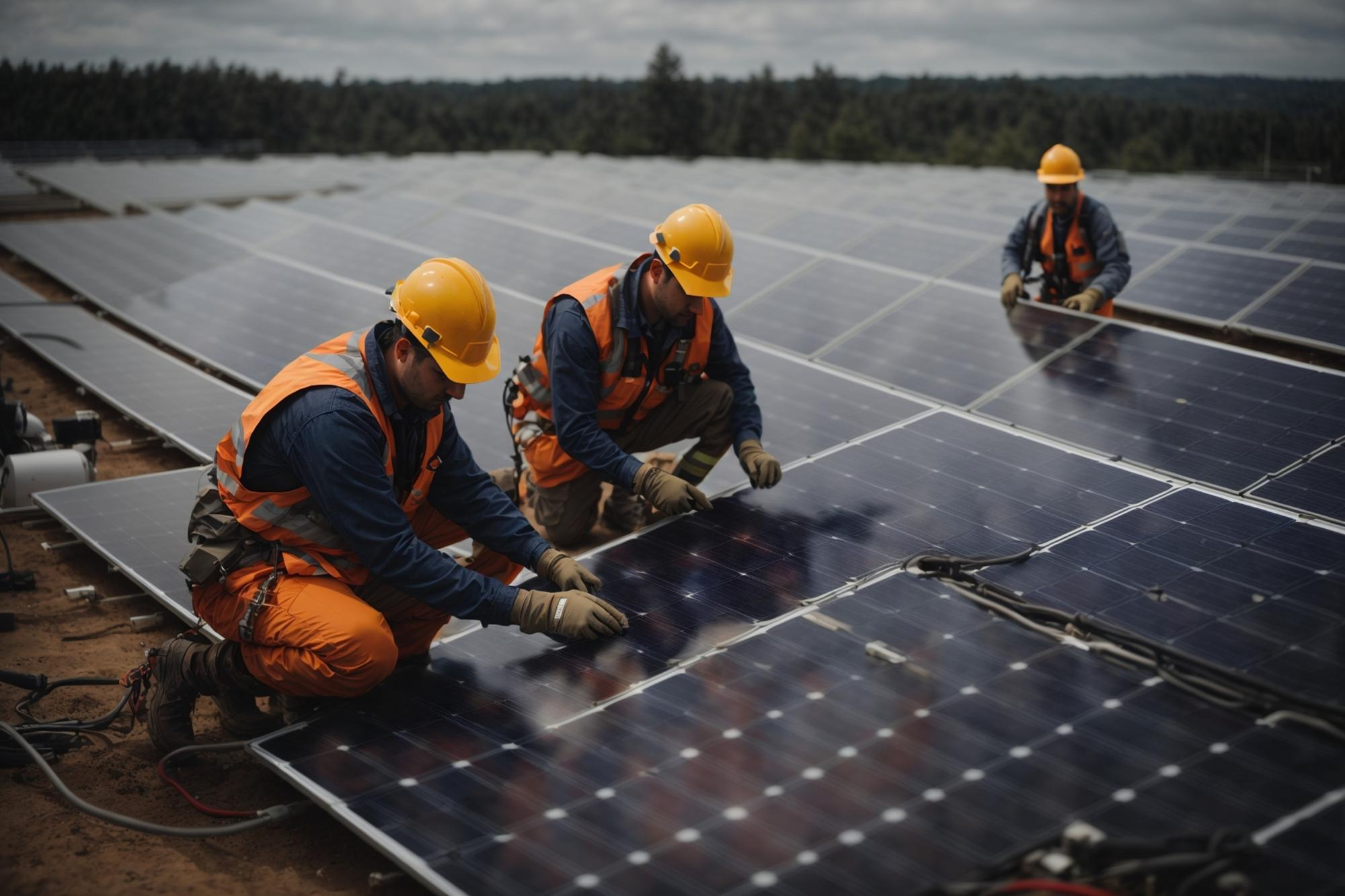
Financial and Operational Impact of Employee Turnover in the Energy Industry in Europe
Impact of Energy Staff Turnover in Europe
In the dynamic energy industry, where innovation and efficiency are key, employee turnover emerges as a significant challenge, especially in crucial markets like Italy and France.
This phenomenon not only affects operational continuity but also entails financial and knowledge costs that can hinder the growth and sustainability of the sector.

Recruitment for Large Scale Renewable Energy Projects
Renewable Energy Talent Challenges
The transition to renewable energy is not just a matter of environmental sustainability but also a human resources challenge.
With the renewable energy sector projected to be the fastest-growing source of electricity in the next decade, the competition for specialized talent is reaching its peak.

This blog explores the challenges and opportunities that companies face when recruiting for large-scale renewable energy projects.
Green Hydrogen Industry Workforce Context 2023
2023 WORKFORCE CONTEXT AND 2024 GROWTH FORECASTS IN THE LOW-EMISSION HYDROGEN MARKET

The 2023 Green Hydrogen Labor Study
This detailed analysis reveals how innovation and regulations in this emerging sector are driving demand for specialized talents, opening new opportunities in the labor market. Dive into a world of possibilities and challenges brought by the green hydrogen revolution, key to transitioning to a sustainable economy.
Topics addressed include:
- What profiles do you believe will be most in demand by your organization within the Clean Hydrogen sector?
- What type of training is considered necessary to enter this sector?
- What are the growth prospects for labor demand?
- What are the main challenges for further growth in the sector?
- Is there a talent war in the sector?
Relevant study data:
- Increased Respondents: From 1,089 profiles in 2022 to 4,150 in 2023.
- Geographical Diversity: Respondents from 41 countries, with the highest representation from Spain (33%), Chile (9.9%), Brazil (6.4%).
- Research Methodology: Mixed approach, combining qualitative and quantitative questions.
- International Participation: Includes profiles from Spain, Chile, Brazil, Italy, Mexico, France, the United Kingdom, and other countries outside Europe and America.
Why it's unique
- It is the only study to date that comprehensively addresses the labor needs of the Green Hydrogen sector.
- Shows trends about future professional demand, related sectors, and skills.
- Evaluates growing needs in terms of training/education
- Includes over 20 exclusive graphs and statistics.
- Incorporates interviews with prominent sector leaders, including:
- Maryna Hritsyshyna
- Israel Hurtado
- Emilio Nieto
- Asunción Borrás
- Maribel Rodríguez.
The Role of Recruitment in Female Participation in Renewable Energy
Women in Renewable Energy
One of the most significant challenges in the renewable energy industry is the gender gap in the workforce.
Despite women making up approximately one-third of employees in this sector, their presence in leadership roles remains disproportionately low.
 This blog explores how recruitment practices can be a catalyst for changing this dynamic and why it is crucial for the future of the industry.
This blog explores how recruitment practices can be a catalyst for changing this dynamic and why it is crucial for the future of the industry.
Keys for Effective Risk Management in Renewable Energy EPC Projects
Risk Management in Renewable Energy:
Risk management in EPC (Engineering, Procurement, and Construction) projects in the renewable energy sector is more critical than ever.
According to Appa Renovables, in 2022, 2,649MW of new photovoltaic power was installed in Spain, a 120% increase compared to 2021.
This exponential growth underscores the importance of a technical and specialized approach to risk management.

Challenges and Opportunities in the Management of Renewable Energy Projects
The fight against climate change has catapulted renewables to the forefront of global agendas. However, Renewable Energy Project Management presents unique challenges that require specialized solutions.

The Benefits of Specialized Recruitment Agencies in the Renewable Energy Industry
Recruitment Agencies:
As companies look to focus on their core competencies, such as innovation and the development of renewable technologies, outsourcing secondary functions, like HR, becomes an attractive option.
But what are the real advantages of this decision, and how does it impact your company?
 In this blog, we present 4 main advantages of having a recruitment agency for your Renewable Energy company:
In this blog, we present 4 main advantages of having a recruitment agency for your Renewable Energy company:
If your company is looking to optimize resources and remain competitive in the world of renewable energies, HR outsourcing is the solution you need.
Learn more about our services by clicking here.
- Recruitment Agencies

















